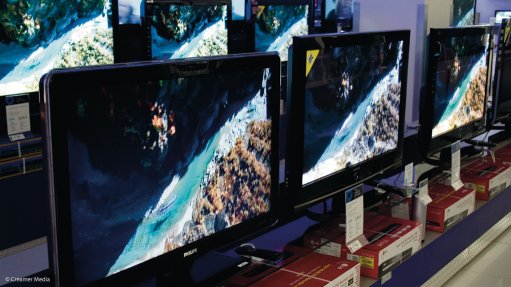
Photo by: Duane Daws
With local content likely to play a critical role in South Africa’s imminent digital broadcasting future, the Independent Communications Authority of South Africa (Icasa) gazetted a draft discussion document to review the “outdated” regulations overseeing television and radio content.
The regulator gave stakeholders until September 10 to make submissions on the document, titled ‘South African Local Content on Television and Radio Regulations’, as it revamped the existing framework, which was based on factors applying to a single channel analogue environment.
With the final Broadcasting Digital Migration Policy set to be gazetted in two weeks’ time, driving the roll-out of digital terrestrial television (DTT), and indications that new Telecommunications and Postal Services Minister Dr Siyabonga Cwele would announce a new digital switch-on date within three months, multiple high-quality digital channels would become a reality for many broadcasters.
Cwele said he planned to “direct Icasa” to develop a framework regulating how different broadcasters would access premium content, such as sport rights, films and other content previously accessed through exclusive terms.
“South African music and television programmes need to be produced by a wide range of South Africans, for South African audiences, in languages of their choice,” Icasa said in the discussion document, adding that there was a need to reflect on, and engage with, the life experiences, cultures, languages, aspirations and artistic expressions that were distinctly South African.
Digital migration would create opportunities for the development, use and wide dissemination of local content in all eleven official languages, while facilitating the development of the creative industries and opening up the local manufacturing sector.
The aims outlined for the migration to DTT included the possibility of strengthening existing broadcasters and increasing the diversity of programming and services available to audiences.
However, to deal with unintended consequences in the buying of set-top boxes, the disturbances migration was likely to cause in the broadcasting sector, the losses broadcasters could incur during the migration period and the “rigorous procedures and processes” that would be involved in catering for the needs of wide-ranging audiences, the document suggested a flexible regulatory approach.